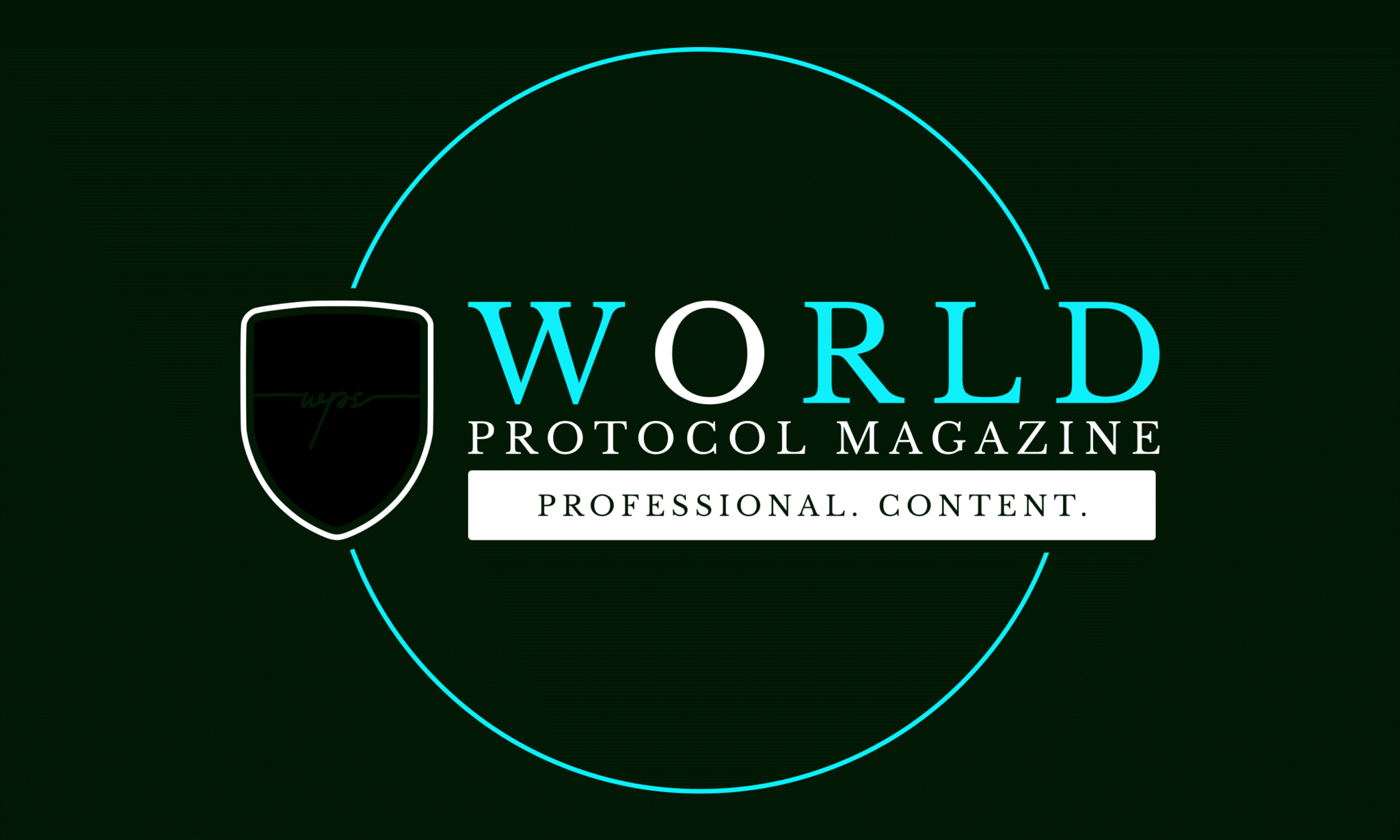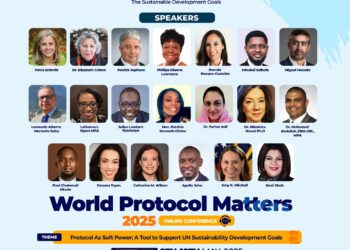 As the World Protocol Magazine Editorial Board, we take enormous pride in keeping this platform open to all experts from the numerous fields of business and protocol: Kaushaki Sondhi, from Agra, India is the next of many who have taken the opportunity of working together with WPM. She is part of the Board of Advisory at “National Council of News and Broadcasting” and also a board member at “Voices on The Mount” Ghana Takoradi Africa. President – State at Bhavishya Education and Arts Foundation in Delhi. She is also the International Chief Advisor at the NGO Safeguarding Children Committee and industry state president of the Koshambhi foundation, Women India and Worldwide Peasant Care and Development advisory board member. Ms Kaushaki Sondhi is a dedicated, resourceful, and goal-driven professional educator, and recipient of more than 70 awards for her services, including Honorary Doctorate from the International Diplomatic Organisation. In her first article published by WPM, she explains the meaning and importance of humanitarian diplomacy and the right to education in the 21st century.
As the World Protocol Magazine Editorial Board, we take enormous pride in keeping this platform open to all experts from the numerous fields of business and protocol: Kaushaki Sondhi, from Agra, India is the next of many who have taken the opportunity of working together with WPM. She is part of the Board of Advisory at “National Council of News and Broadcasting” and also a board member at “Voices on The Mount” Ghana Takoradi Africa. President – State at Bhavishya Education and Arts Foundation in Delhi. She is also the International Chief Advisor at the NGO Safeguarding Children Committee and industry state president of the Koshambhi foundation, Women India and Worldwide Peasant Care and Development advisory board member. Ms Kaushaki Sondhi is a dedicated, resourceful, and goal-driven professional educator, and recipient of more than 70 awards for her services, including Honorary Doctorate from the International Diplomatic Organisation. In her first article published by WPM, she explains the meaning and importance of humanitarian diplomacy and the right to education in the 21st century.
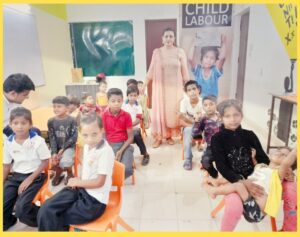 Humanitarian diplomacy aims to mobilize public and governmental support and resources for humanitarian work and agenda, to facilitate legitimate partnerships for responding to the needs of unshielded people. Humanitarian understanding for the significance of acquiring knowledge altogether, takes into consideration advocacy, conference, communication, formal agreements, and other comforts for the duties of the respective governments, the local authorities, and parents in ensuring the education of a child. Education and learning have been essential parts of life throughout the history of the world. Awareness of one’s rights is essential to understanding the opportunities that are available. Education is not a want or a need, it is a human right. Humanitarian diplomacy specifies the sharing of the financial burden between the governments, international organizations, NGOs, the private sector, as well as individuals, central and the state governments. Today, education remains an inaccessible right for millions of children around the world. Further, a lack of financial resources has an effect on the quality of teaching.
Humanitarian diplomacy aims to mobilize public and governmental support and resources for humanitarian work and agenda, to facilitate legitimate partnerships for responding to the needs of unshielded people. Humanitarian understanding for the significance of acquiring knowledge altogether, takes into consideration advocacy, conference, communication, formal agreements, and other comforts for the duties of the respective governments, the local authorities, and parents in ensuring the education of a child. Education and learning have been essential parts of life throughout the history of the world. Awareness of one’s rights is essential to understanding the opportunities that are available. Education is not a want or a need, it is a human right. Humanitarian diplomacy specifies the sharing of the financial burden between the governments, international organizations, NGOs, the private sector, as well as individuals, central and the state governments. Today, education remains an inaccessible right for millions of children around the world. Further, a lack of financial resources has an effect on the quality of teaching.
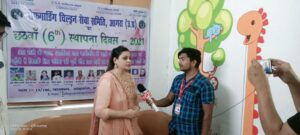 Books, uniforms, supplies, and transportation all cost money that millions of families simply don’t have. It has been seen in our project and movement #INNOVATIVEINDIA, that just by connecting more than ten non-profit organizations nationally and internationally and communities for creating programs designed for remote learning, distance-learning can help improve access to education for all, and constant new advances in technology, open more ways than ever to make education available for everyone. Most children in the world lack access to quality skills development and training strategy.
Books, uniforms, supplies, and transportation all cost money that millions of families simply don’t have. It has been seen in our project and movement #INNOVATIVEINDIA, that just by connecting more than ten non-profit organizations nationally and internationally and communities for creating programs designed for remote learning, distance-learning can help improve access to education for all, and constant new advances in technology, open more ways than ever to make education available for everyone. Most children in the world lack access to quality skills development and training strategy.
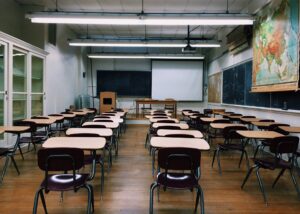 Just by providing the right soft skills, consultation, instructor, counsellor, guru, adviser gives them exposure to new ideas, ways of thinking and improves standard of living. We are connecting communities, Ngo’s educational institutes, colleges and universities to come up front and beforehand to make adequate preparation for this noble cause by devoting time and resources available to them and which they can share with society in kind of social cause, awareness and innovation and betterment of society contributing to the noble humanitarian and civilized skill in managing public affairs, with good judgement or sense by consideration for the needs of other children around the globe. Small expressions of gentleness and amendment in the way of sharing resources accessible on earth with all, by offering entrance to programs, facilities, and amenities, we can aim to help in the global goal to eradicate illiteracy.
Just by providing the right soft skills, consultation, instructor, counsellor, guru, adviser gives them exposure to new ideas, ways of thinking and improves standard of living. We are connecting communities, Ngo’s educational institutes, colleges and universities to come up front and beforehand to make adequate preparation for this noble cause by devoting time and resources available to them and which they can share with society in kind of social cause, awareness and innovation and betterment of society contributing to the noble humanitarian and civilized skill in managing public affairs, with good judgement or sense by consideration for the needs of other children around the globe. Small expressions of gentleness and amendment in the way of sharing resources accessible on earth with all, by offering entrance to programs, facilities, and amenities, we can aim to help in the global goal to eradicate illiteracy.
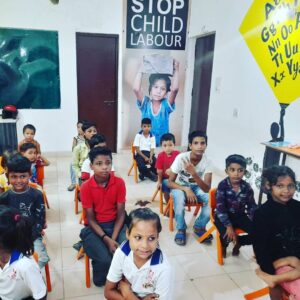 So far, the element to be focused is, understanding the dimension of education, as a resource. Hence, education diplomacy matters as one of the human rights protocols, a rights-based approach to education. Special attention is paid to the most undervalued and victimized groups. This approach involves going beyond labelling and tagging communities based on their living degree and to identify the most vulnerable people among the poor, children with disabilities, children in different castes and children living with HIV and yes also involving women’s also to be part of this learning. It then develops complete programming specifically to reach them. All children have a right to learn, universal education for all needs to be undertaken. We need a clear strategy and time frame for achieving the objective of universal access to primary and secondary education, and each action should lead to the full realization of the right to education for everyone as humanitarian tact and consideration.
So far, the element to be focused is, understanding the dimension of education, as a resource. Hence, education diplomacy matters as one of the human rights protocols, a rights-based approach to education. Special attention is paid to the most undervalued and victimized groups. This approach involves going beyond labelling and tagging communities based on their living degree and to identify the most vulnerable people among the poor, children with disabilities, children in different castes and children living with HIV and yes also involving women’s also to be part of this learning. It then develops complete programming specifically to reach them. All children have a right to learn, universal education for all needs to be undertaken. We need a clear strategy and time frame for achieving the objective of universal access to primary and secondary education, and each action should lead to the full realization of the right to education for everyone as humanitarian tact and consideration.
